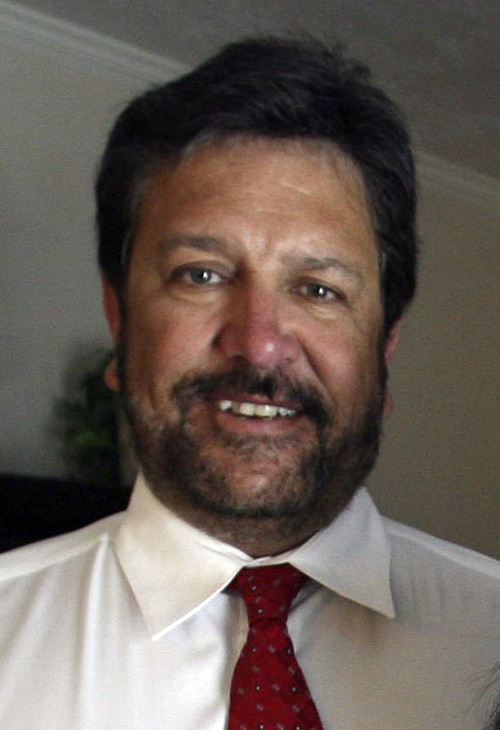This is an archived article that was published on sltrib.com in 2013, and information in the article may be outdated. It is provided only for personal research purposes and may not be reprinted.
Though their intentions are generally sincere, politicians in Washington, D.C., often advance policy initiatives without fully thinking through how they will be funded. A good example emerging now is the president's initiative for early childhood education. Such programs are designed to reach a worthy goal many of us could support, but in this case the administration plans to rely upon increased cigarette taxes — which are volatile and unreliable.
Reports indicate that the program will be paid for by $75 billion in federal funding over the first 10 years, along with state matching dollars that increase year over year. Federal officials expect to raise the requisite $75 billion to fund their portion of the program by imposing a 93 percent increase in the federal excise tax on cigarettes. In addition, federal officials have only outlined the cost of the program for the first 10 years — with no solid indication of costs to state governments for those first 10 years, much less in the long run.
According to the Department of Education, responsibility for paying for the program will shift steadily onto Utah and other the states over that initial period. The first year the feds pay 90 percent of the cost, while the state pays 10 percent.
The costs shift until, by the 10th year, Utah is expected to pay three times the federal contribution. And beyond that 10th year, Utah would be on the hook for the whole program. Such a funding solution would leave to chance the individual states' share of future funding, which makes them less likely to accept the program in the first place.
The irony is that most Democrats and many Republicans (even those who question the costs) support the concept of early childhood education. What we cannot support is the use of one of the more unstable sources of tax revenue, tobacco taxes. Sound public policy would suggest that a revenue source be broad-based and sustainable, and cigarette taxes are neither.
A cigarette tax increase could easily miss its revenue targets, a possibility that is quite real since they often have unintended consequences like increasing illegal black market sales. This could mean the federal government would miss its promised funding levels. State governments could then be forced to find ways to fill the funding gaps, whether with additional tax increases, budget cuts or other drastic measures.
Although the program's objective is worthy, something of this magnitude deserves long-term, serious funding sources instead of an overreliance on cigarette tax increases and already strained state budgets. Utah already has its hands full without absorbing the cost of new federal programs. A new report by the Utah System of Higher Education found that state funding for education and student enrollment will have to increase significantly to meet Gov. Herbert's ambitious goal of raising the number of Utahns with postsecondary education to 66 percent by 2020. That will be challenge enough.
Therefore, as currently proposed, the president's program simply does not have a workable framework to pay for a national policy to expand early education. If federal officials are serious about the program, they should introduce more thoughtful ways to pay for it.
Rep. Mark Archuleta Wheatley is a former education administrator and serves in the Utah House representing South Salt Lake and Murray.



